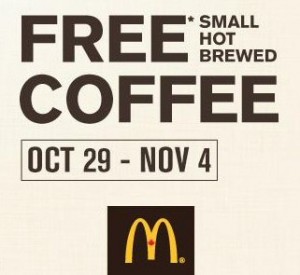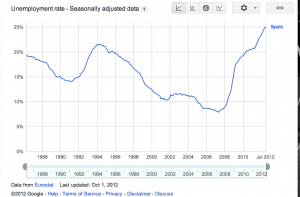For another time, our friendly fast food restaurant is giving us a heart-warming news under the gloomy chilly weather — FREE SMALL COFFEE FOR A WEEK! With no purchase necessary, you can enjoy a freshly brewed small coffee as long as you are willing to take a second and walk in the restaurant.
When I was working at McDonald’s just like any other high school student who is eager to get their first job, I heard the complaints of my manager made about this promotion. “Those people in the head office have lost their minds! This is no different than burning bills.”
What my manager missed was the long-term strategy that the corporate have in mind. By cutting down price drastically, the restaurant boosts up its market share in a blink of an eye. This cost leadership strategy is subjected to attract wide range of customers regardless of the contribution margin each one of them brings in.
Certainly, such a giveaway can only be achieved by huge companies like McDonald’s. The other fast food chain restaurants are going to have a hard time to compete with this powerful and resourceful industry giant.







